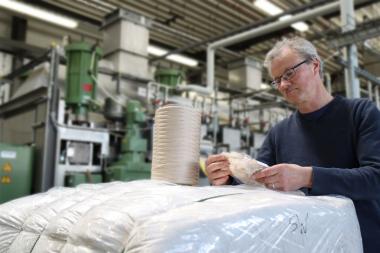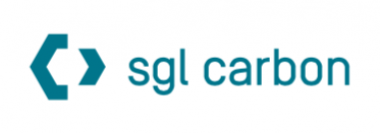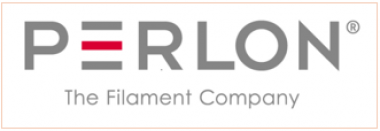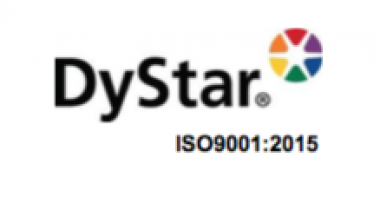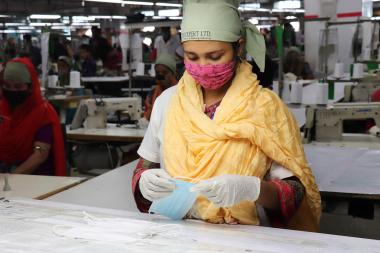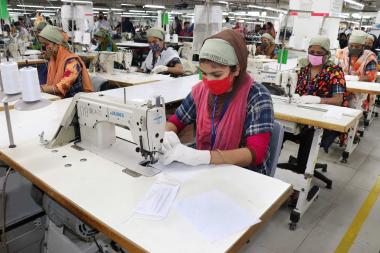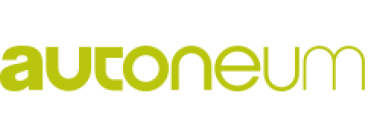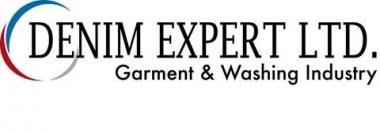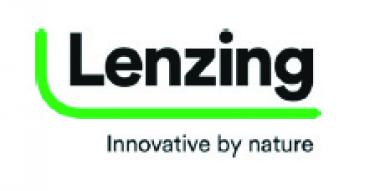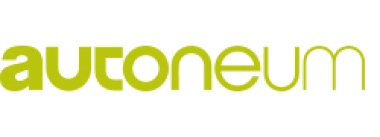A&E and Burlington participate in the Gerber PPE Task Force
Elevate Textiles, a global provider of advanced, high quality products and mission critical textile solutions is pleased to participate in the recently launched Gerber PPE Task Force. This industry-wide effort combines resources and expertise to support manufacturing operations and brands as they increase their production or transition their operations to produce personal protective equipment in the fight against COVID-19.
Elevate’s Burlington, American & Efird (A&E), and Gütermann brands provide critical barrier fabric and thread components used in the manufacturing of lifesaving PPE products including masks, isolation gowns and other medical garments.
"The only way to be successful during this difficult situation is to join forces and support one another," said Lenny Marano, VP of Product Management & Marketing for Automation Systems at Gerber Technology. "We are proud to have a global network of partners to support PPE production so that it's more widely available."
For over 40 years, Burlington has been in the Medical business manufacturing fabrics for use in operating theaters such as surgeon’s gowns, isolation gowns, sterilization wrapper packs, drapes, scrubs and lab coats. The Maxima® collection of fabrics is useful for reusable isolation and surgical gowns and meets AAMI standards for Levels 1-4 and FDA standards.
American & Efird





